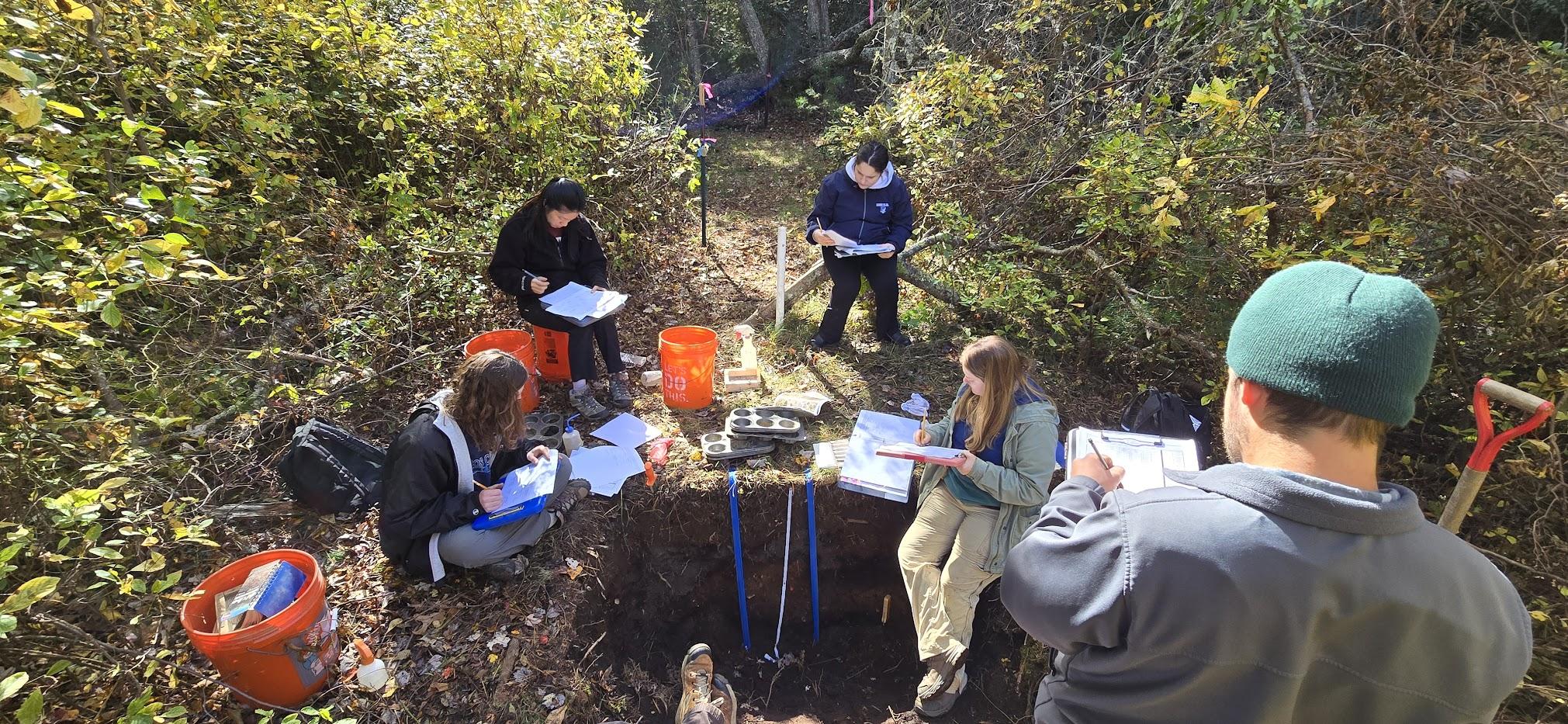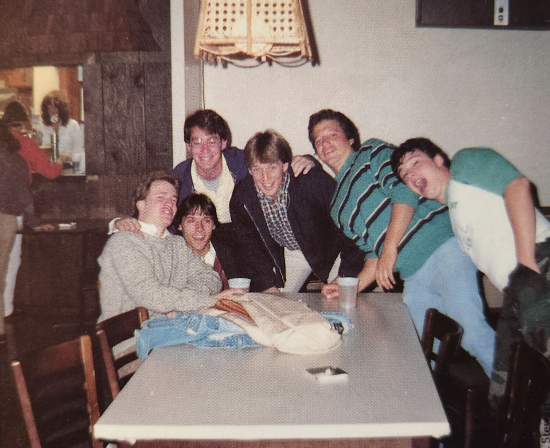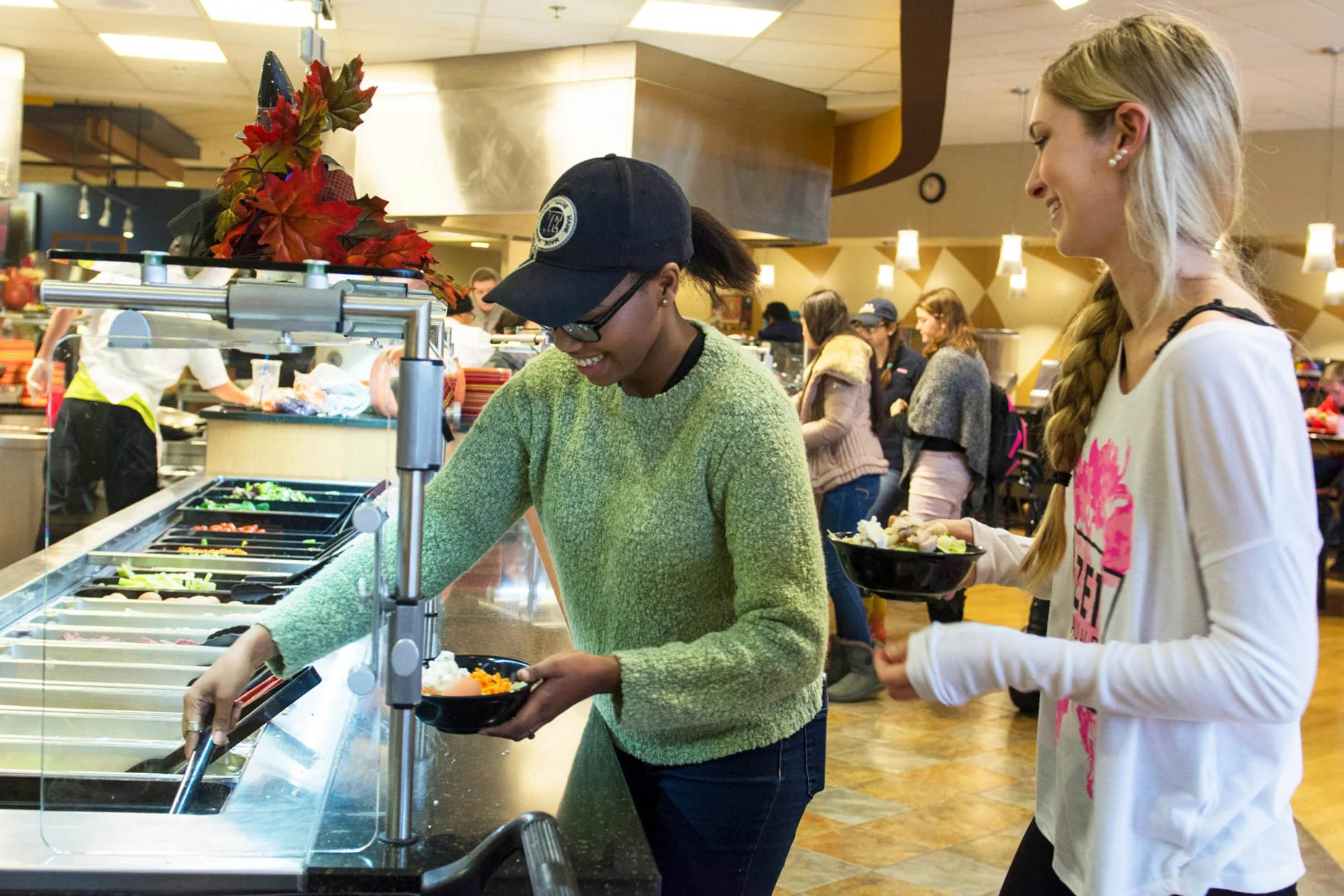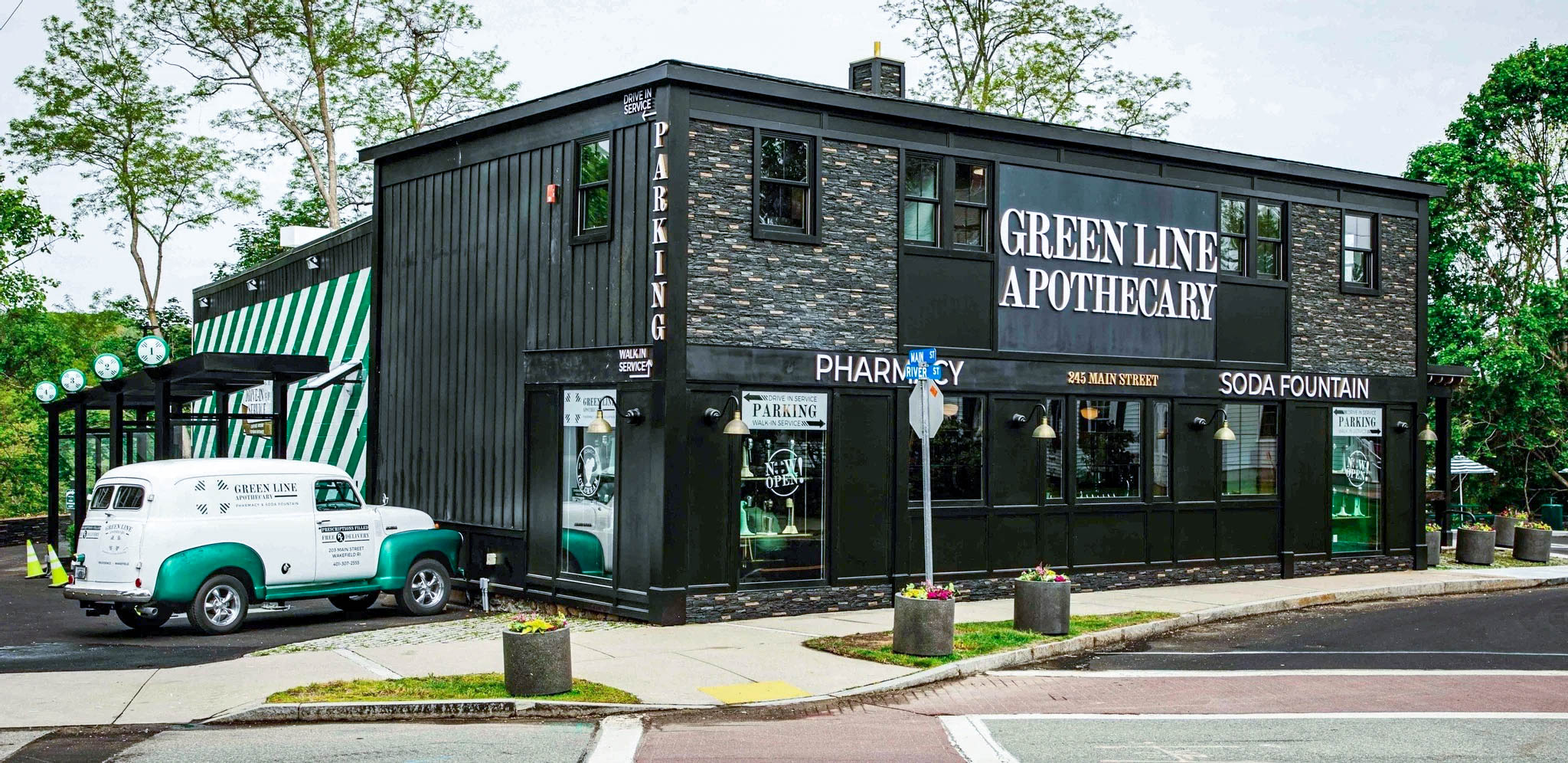The University of Rhode Island had two finalists in the annual Northeast Regional Collegiate Soils contest hosted at URI’s own Alton Jones Campus on Oct. 18.
Soil judging is the evaluation of a soil’s landscape, morphology and texture to define the type of soil, all while in a pit excavated to be five feet deep.
The soils contest featured students from 11 schools, with most participants in the environmental science field, according to Megan DeLaurier, a URI fourth-year environmental science major with a minor in soil science. DeLaurier placed eighth in the contest.
DeLaurier has participated in collegiate soils contests for the last two years. The university offers NRS 351, a soils morphology lecture and lab that observes, describes and interprets structural properties used in soil judging, according to DeLaurier . These skills prepared the team for the competition.
“I became interested in soils a couple years ago so I signed up for the class, soils morphology practicum, not really knowing what to expect,” DeLaurier said. “I ended up falling in love with it.”
The participants had 50 minutes to evaluate three soil pits individually and two soil pits as a team. From in the pit, the teams collected and observed the soil – outside of the pit, they evaluated the soil on a scorecard, according to DeLaurier.
This year, there were URI participants who study sustainable food agriculture as well, according to DeLaurier. Kaitlyn Denier, URI fourth-year environmental science and management major, participated in the competition and tied for first place.
The contest is organized by the Natural Resource Conservation Service, according to URI alum and soils contest coach Joe Manetta ’21. Manetta received his master’s degree in biological and environmental sciences at URI and is a research associate for his former advisor, Mark Stolt.
“Soil judging continues year after year because of a very devoted group of individuals and professors who have a passion for soil judging,” Manetta said.
Stolt is the main coach of the soil judging team and hosted this year’s contest. Manetta began participating in the soil contests in 2019 and began coaching in 2021.
“I think [soil] is overlooked by a lot of people,” Manetta said. “But I also don’t necessarily think that everybody out there needs to be thinking about soil 24/7.”
Soil has a mutualistic relationship with organisms and the ecosystem surrounding it, making it vital to life on Earth, according to Manetta.
Many systems depend on soil, including infrastructure, according to DeLaurier. Where industrialization takes place is dependent on the type of soil in the desired location, and determines where buildings, roads and septic systems are built. Soil health and nutrients also determine where food is grown.
“We are moving in the right direction but with many other environmental issues, we are probably not moving fast enough,” Manetta said.
The URI soils team placed in the regional collegiate soils and will be competing in Wisconsin for the national soil competition in April, according to DeLaurier.





